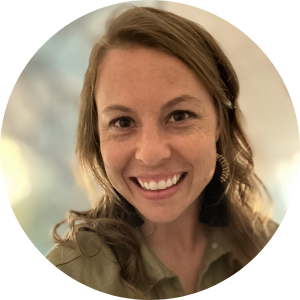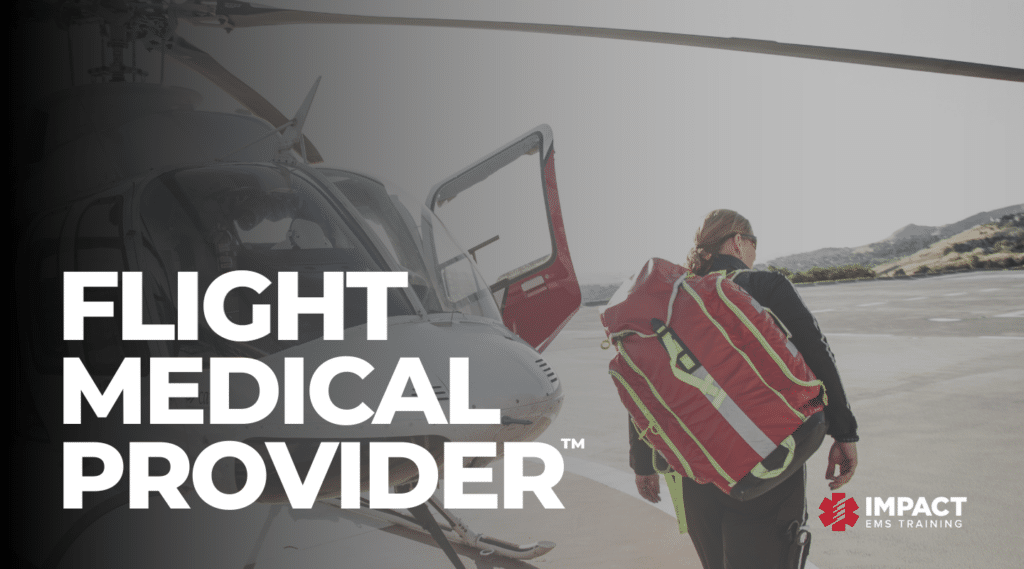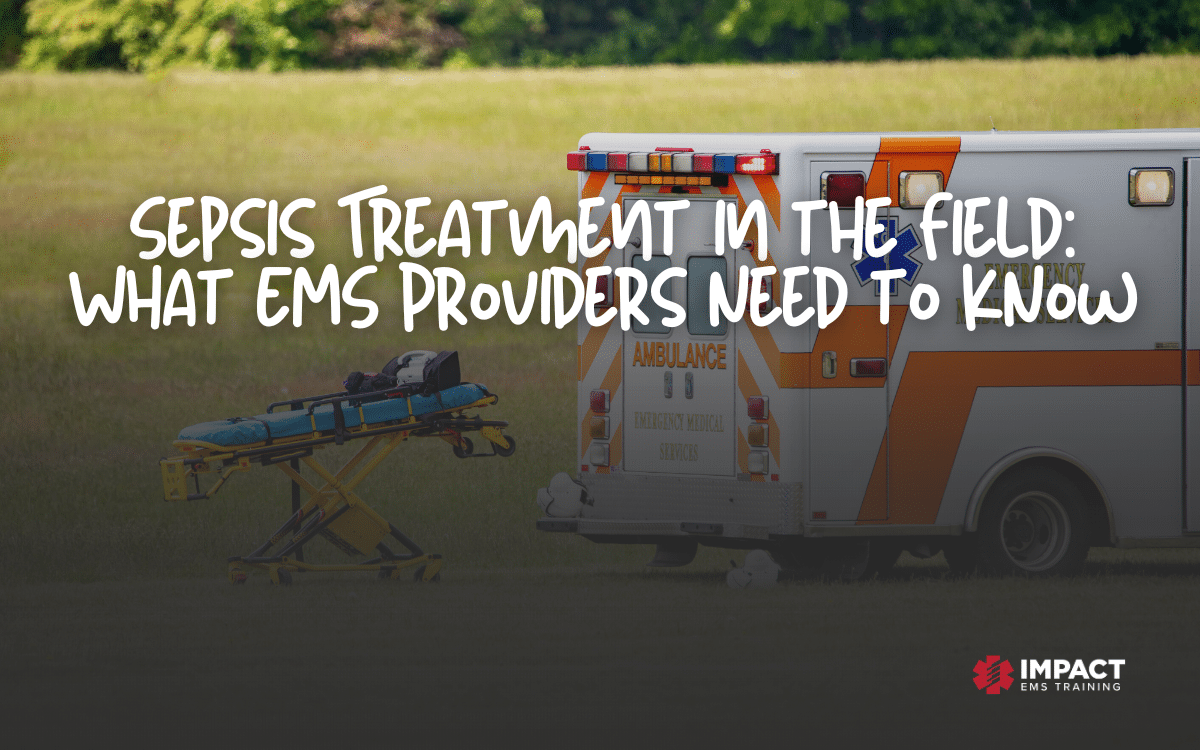You overhauled your resume, applied for every flight job in a 100-mile radius, studied until your eyeballs fell out of your head, nailed the written exam, and rocked the scenarios like the amazing medic/nurse that you are.
Now comes the easy part, right? The interview.
By this point in the hiring process, you have demonstrated that your knowledge and clinical acumen are adequate for the job. Sitting across the table from several company leaders is the final step; they want to get to know you as a human being.
How do you interact with your teammates? Do you keep your cool in tense situations? Will you represent the company with the values they have built the business on? Or do you have the personality of a brick?
I think for many of us, we feel like we have to sell ourselves to the panel and we do our best not to say something goofy. We want to prove ourselves worthy to be hired by this flight service.
If you are solely focused on exhibiting yourself as a desirable candidate in the interview portion of the hiring process, YOU ARE MISSING OUT ON A HUGE OPPORTUNITY.
This is your chance to find out if the company is worthy of YOU.

Employers typically ask a range of questions in an attempt to get to know you and how your gears turn.
“Tell us about a time you made a mistake and how did you handle it?”
“Identify your biggest strength and your most glaring weakness.”
“If you were a county fair food, what would you be?”
Friends, it is currently a buyer’s market.
There are more open seats than folks to fill them and we do not have to accept the first job offer that lands in our inbox. Use your interview to get to know the company, the people you will be working for, and the people you will be spending 24+ hours at a time with.
Here are a few questions you can ask and what insights the responses will give you:
“Tell me about a time a team member made a clinical error and how you responded.”
We will make a clinical error at some point in our careers. A clinical error can teach a crew some valuable lessons, or it can destroy them, and much of that is directed by how superiors respond.
Just Culture states that instances of human error should be met with consolation; there should be education to prevent future errors, evaluation of systems that may have prevented or contributed to errors, and support for the responsible person. A boss that’s going to hang her or his employee out to dry when the proverbial fecal matter hits the rotor blades is a boss none of us want. No, thank you. Lose my number. Good day, sir.
“What tools within the company are available to help me grow?”
If the company recycles the same 94 canned PowerPoint voice overs annually to meet CAMTS requirements, they are not invested in growing their employees. Look for a company that offers opportunities that will transform you, such as clinical rotations in high acuity settings, cadaver labs, high fidelity simulations, outdoor training sessions (Heyoooooo Heavy Lies the Helmet has a way cool training event in 2022), or an annual budget to allow you to attend a conference of your choice.
“What is a weakness the company has and how do you plan to improve it?”
Turnabout is fair play, right? They made us identify a weakness, now it’s their turn. Plus, we want to find out if they are running a flawless organization (*SPOILER ALERT* no organization is perfect). This question will show us if the organization is willing to explore its areas of weakness and spend resources to correct them.
Case in point: a couple of years ago a well-known HEMS company had a fatal crash and their unsafe practices were widely circulated on social media. The company was appropriately roasted and took some hard hits from within the industry. They invited a well-known volunteer organization whose members are HEMS experts from all over the country to come in and identify the company’s weaknesses. They developed a plan to improve safety, retired unsafe practices, put in the hard work, and are now a safer, better HEMS agency. That is the kind of humility and dedication to your safety that you deserve.
“What can I do to make myself a stronger candidate for this position?”
This question is a two-fold winner: it reveals where you can grow as a candidate and it shows what traits the company values in its teammates.
Knowing what characteristics your potential new boss is seeking in a new hire can help you see what kind of team you’ll be joining. Stack their response up next to your own values and run your own compatibility analysis.
Interviews can be stressful and intense, but don’t let that keep you from getting the most out of your time at the table. You’ve put countless hours and resources into making yourself a strong candidate; make sure your next employer is a company worth having you!
Impact EMS offers accredited certification and refresher courses in one trusted location. Fully prepare for certification exams and maintain licensure with skill building credits.





